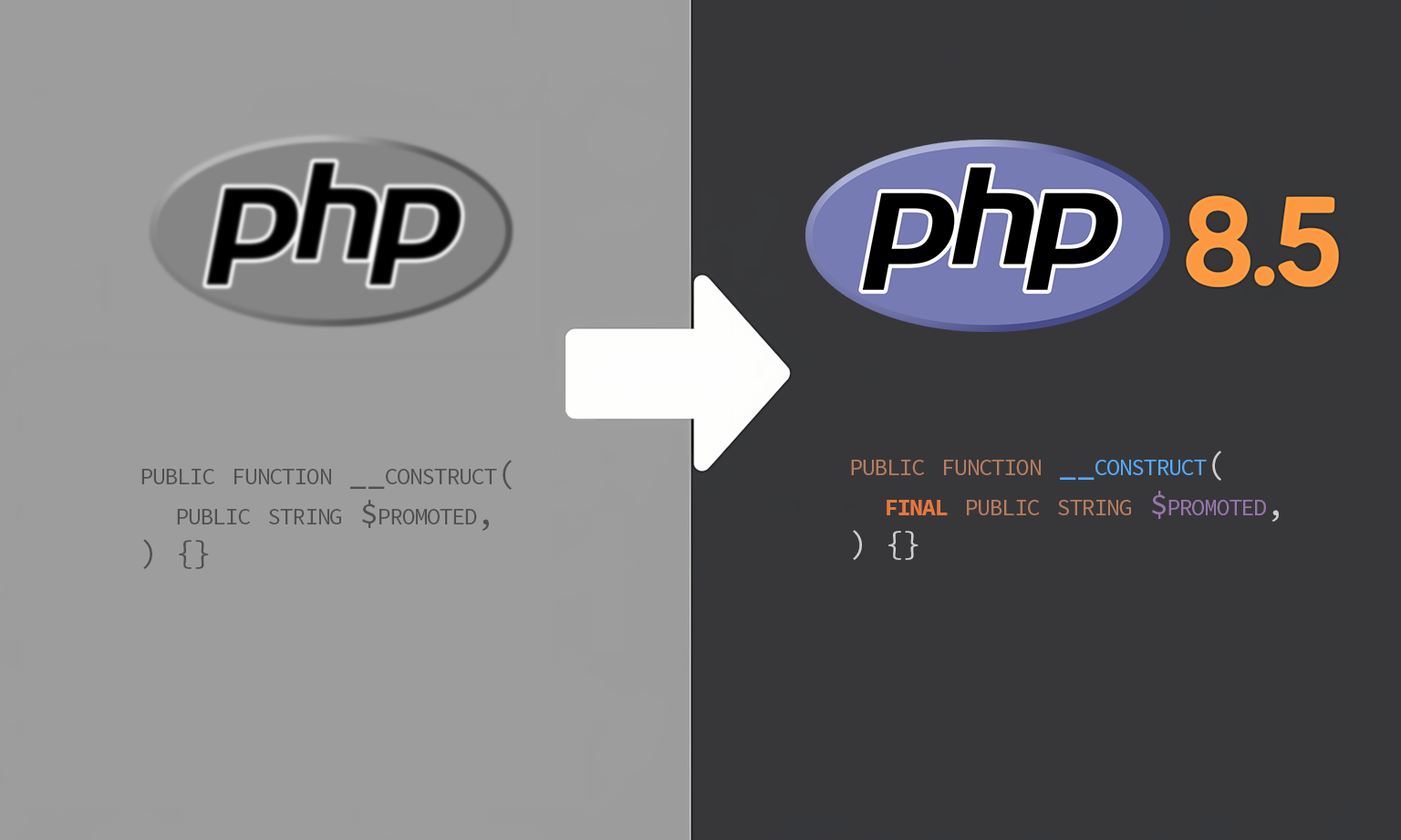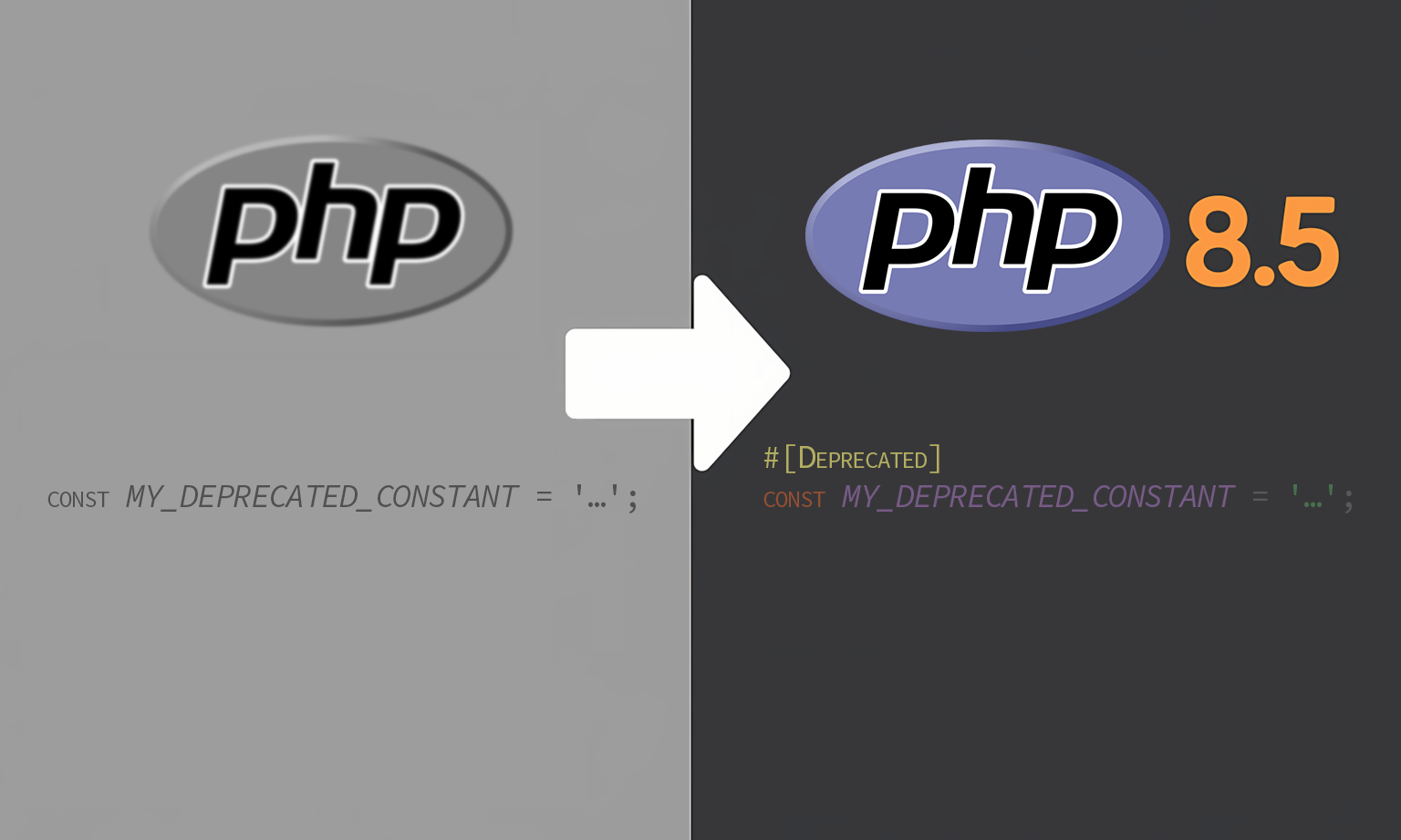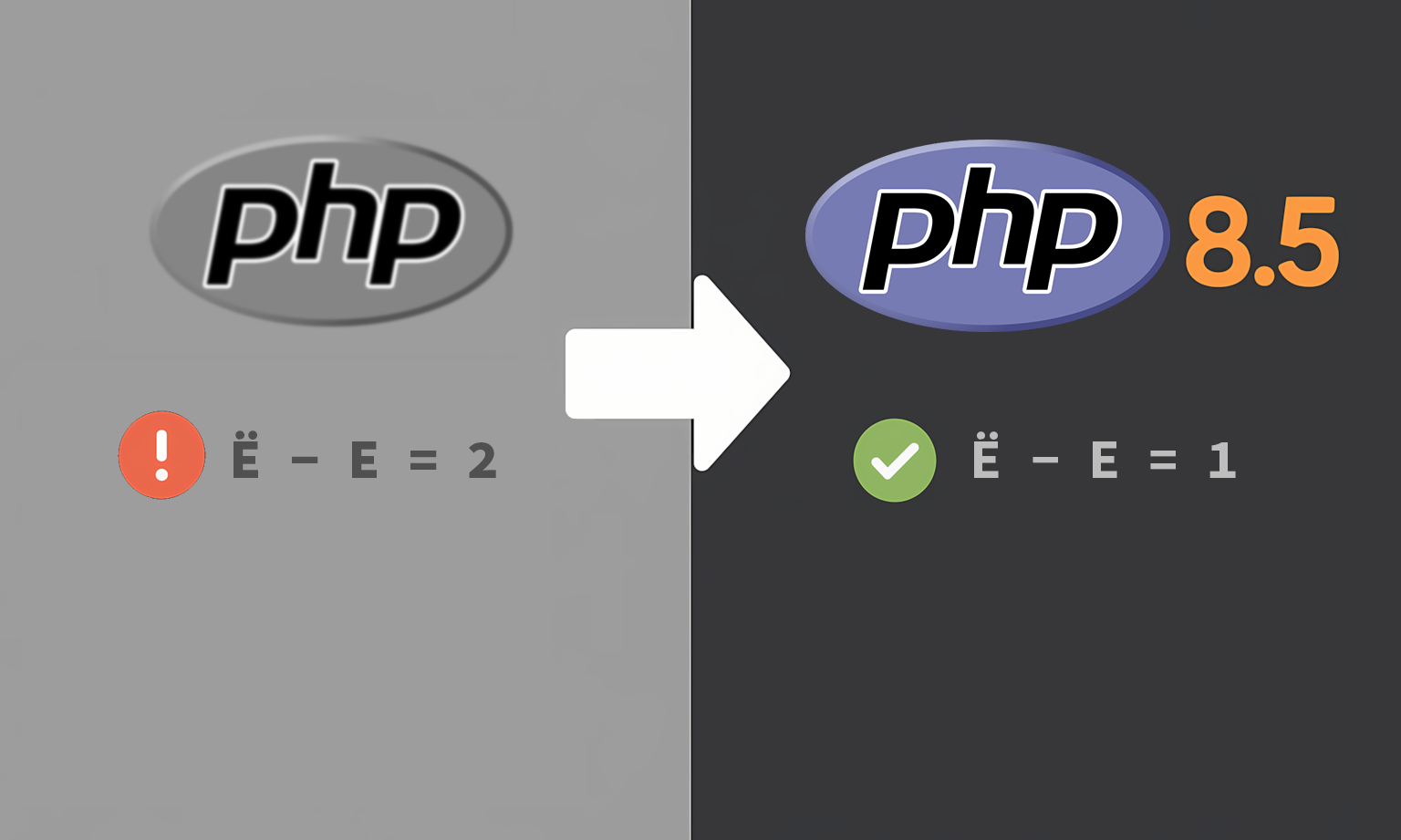I meant the character, not the name, I perhaps worded it poorly. Satan in this context is meant in the "accuser" sense. As in it's a role in a divine court, not an entity. Anyone could be the "satan" for the specific case, it's not a person, but a role.
rikudou
You might find my top level comment on this post interesting.
Because it's all fake. Everyone who actually reads it finds way too many inconsistencies.
That's because it underwent some serious transformations across the millennia. Yahweh started as a storm god (basically Thor of Canaanite religion). Back then each nation in the religion had their own patron god and guess which god did the Israelites happen to have? Good old storm god Yahweh.
Over centuries the religion evolved and among Israelites Yahweh slowly took on attributes of other gods, mostly El (the all-father and creator of the universe) and Baal. First the other gods were degraded and monotheism was required, even though other gods were known to exist (you might remember the whole "jealous of other gods shtick" even though the rest of the Bible says there's only one god).
Then the other gods were slowly edited out of the Bible, though some remains persevere (the aforementioned jealousy of other gods, some gods are even mentioned by name). If the gods couldn't be removed because the story wouldn't make sense, they were mostly changed into angels or other mythical beings.
It's pretty funny rereading the Bible with this knowledge, you can clearly recognise which parts were the original Yahweh-the-storm-god and which used to be El-the-actual-creator by how he behaves in the story. When he's all jealous, rageful and angry, it's mostly based on the original Yahweh.
Anyway, that's basically what Old Testament is - a bunch of edits of much older religions. IIRC Yahweh precedes even the Canaanite religion, so it's a really old and grumpy storm god.
Now, New Testament is something else entirely, that was basically just slapped onto Judaism to have some legitimate and widely recognised vessel. Unlike the other edits, it didn't evolve naturally over time, it was just violently slapped onto the Old Testament.
Fun fact: try finding Satan anywhere in the old testament. You won't. Satan has been retrofit on multiple characters, but neither is mentioned directly as Satan, devil or really anything. The most famous one, the snake in the garden? Just a snake (which checks out with older religions where animals had a lot of influence). Then some morons come and say "actually, that snake was the grand adversary." The concept of a grand adversary wasn't really common in older religions, there usually wasn't a Satan-like figure. Compare for example with Greek, Roman or Norse gods.
So, in conclusion, the Bible is a horrible mess of edits that were made so the religion would serve the needs of the time they were introduced in. IIRC the Israelites were having some trouble with their neighbours back when Yahweh got the promotion, so having a strong sense of nationality would really help in keeping the nation together. New Testament is even more obvious because it didn't even really try to fit with the rest. They just tried to retrofit a few things and called it a day.
Well, this got longer than I planned, but I really like the topic and I don't think you can do it justice in two paragraphs. If anyone's interested, do some research, it's honestly fascinating! For example, what's the connection between Dionysus and Yahweh? That would be a homework for ya!
Driftland: The Magic Revival is pretty unique with the tiny shattered islands you have to connect to be part of your empire.
What "this country"? Lemmy?
And I understand them searching for validation. It might be hard being anti-illegal-immigrant and everyone thinking you racist, even though your reasons are not racist nor xenophobic at all.
Many people think that propaganda means it's a lie. Often it is, but propaganda can be true while still being propaganda. Which is this case.
So, yeah, obviously it's a propaganda. Doesn't make Russian inhuman shooting of their own troops any better.
How delusional do you have to be to ignore that they've done so throughout history and even did so in this exact war? This is merely someone giving the order, it's not like we didn't know they did it.
Fun little thing, I let it compose a heartfelt song titled "a class shouldn't have 70 thousand lines."
In the immortal words of Linus Torvalds:
In short: just say NO TO DRUGS, and maybe you won't end up like the Hurd people.
So NixOS but slower and worse?
That's a fucking wrong title if I've ever seen one. It hasn't been sold according to the article.
How shocking, who would've expected such behaviour from Russia?









The "important plot point" is Witcher schools. And I've been saying it for over a decade they've overblown them in the games.